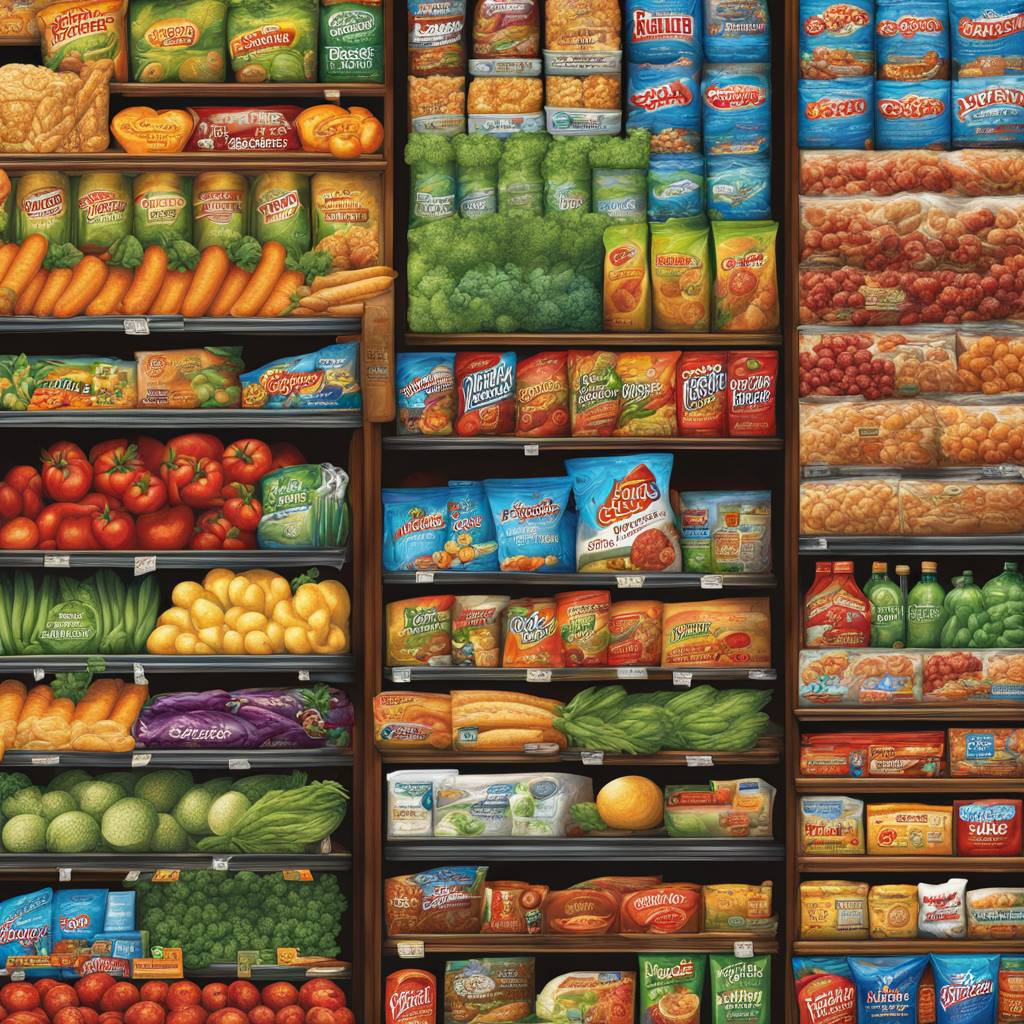In his book “Barons: Money, Power and the Corruption of America’s Food Industry,” author Austin Frerick explores the impact of monopolies on the nation’s food system. Frerick, a 7th generation Iowan and Fellow at the Thurman Arnold Project at Yale University, delves into the stories of seven different robber barons in the food industry, revealing the structural and conceptual implications of their dominance. His work sheds light on the intersection of food and monopolies, challenging the traditional narratives of the food and agriculture industry.
One of the barons Frerick examines is Cargill, the largest private company in America that controls the entire process of grain production from the farm to the plate. Despite its significant influence, Cargill remains relatively unknown to the general public, operating on a global scale similar to the 19th century British Empire. Frerick’s in-depth analysis of Cargill’s impact on the food system highlights the complexities of modern monopolies and their role in shaping the agricultural landscape.
Frerick’s exploration of Driscoll’s, a company that sells berries without growing a single one, reveals the exploitative nature of the food industry. By outsourcing berry production to various countries, Driscoll’s operates similarly to modern-day plantations, exploiting labor conditions and environmental resources. Frerick’s research underscores the challenges faced by journalists in uncovering the truth behind these operations and the broader implications of consolidation in the industry.
Walmart emerges as a central figure in Frerick’s analysis of the food system, with a significant market share that rivals the combined total of its competitors. Walmart’s expansion into health care services and other sectors highlights the company’s monopolistic practices and their impact on consumers, particularly the working poor. Frerick’s examination of Walmart’s growth and dominance offers a chilling portrayal of the consequences of consolidation in the grocery industry.
Through his book, Frerick seeks to challenge the status quo of the food system and spark conversations about the need for reform. He emphasizes the importance of addressing labor issues and the impact of monopolies on taste and environmental sustainability. By advocating for a post-neoliberal food system that prioritizes diversity and inclusivity, Frerick offers a vision for a healthier, more sustainable future. Ultimately, his work highlights the efforts of individuals and organizations striving to create positive change in the food industry despite the obstacles presented by monopolistic practices.













